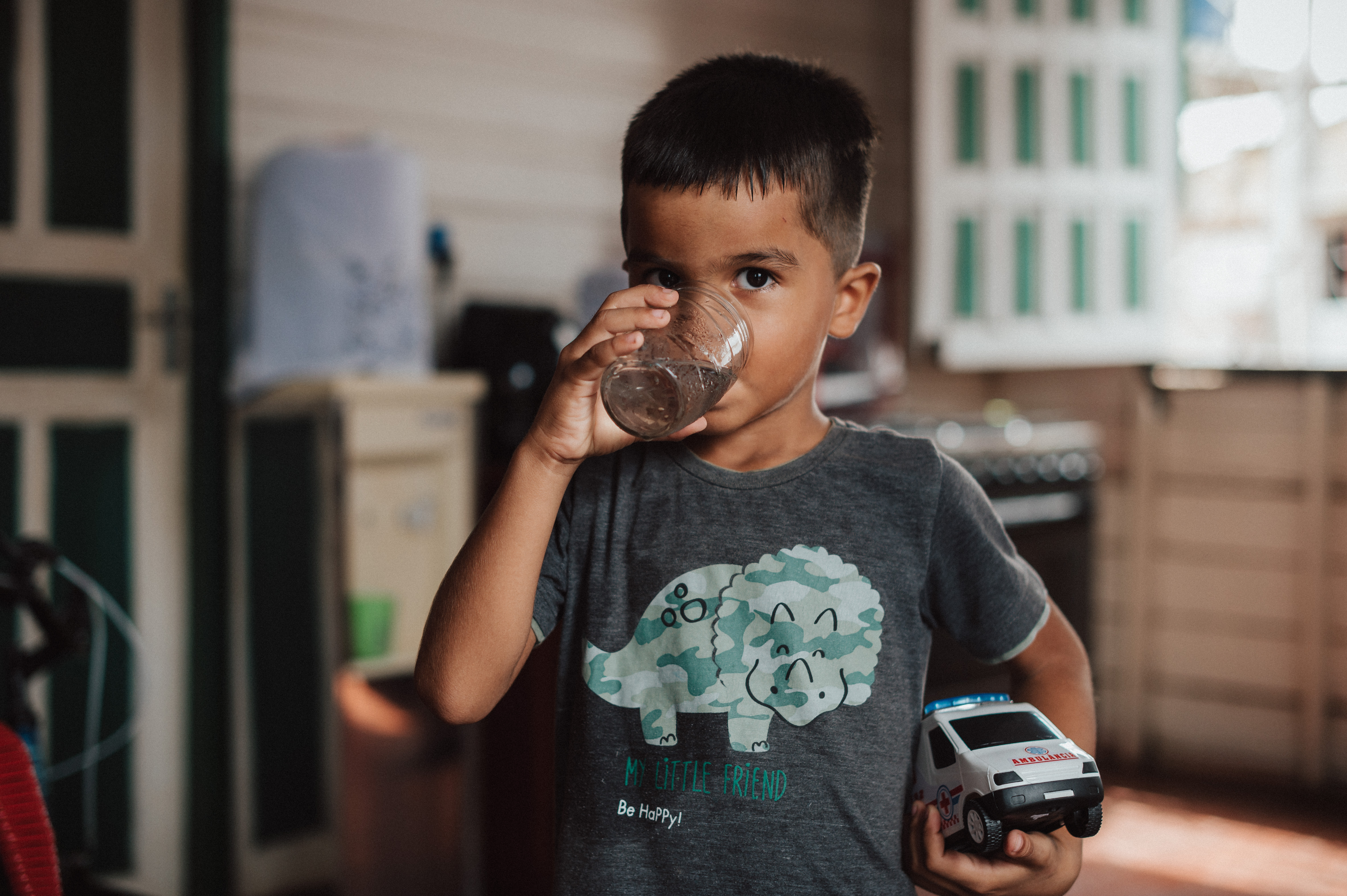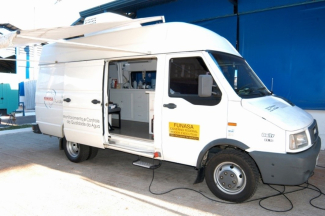

Description
The Regional Water Quality Control Units for Human Consumption (URCQA) are located in capitals and strategic cities with trained technical teams. URCQA provides technical support to all states and municipalities that are part of its area of operation.
Most of the URCQAs are linked to the Mobile Unit for Water Quality Control for Human Consumption (UMCQA), which is an adapted van-type utility vehicle designed to function as a field laboratory. It is used for collecting, packaging, and transporting water samples. Due to its mobility and quick turnaround in issuing analysis results, the UMCQA enhances the efficiency of interventions and corrective actions needed to improve water quality for human consumption.
The UMCQAs require a small building for support, especially for storing equipment and inputs used in field analyses.
On the other hand, in certain Superintendencies or strategic situations that require quick water sample collection in locations with short travel distances, the implementation of the Collection Unit for Water Quality Control for Human Consumption (UCCQA) is planned. This unit will efficiently handle the collection, preservation, packaging, and transport of water samples, ensuring timely and reliable water quality control. Additionally, it will perform simplified analyses on-site using portable equipment at the time of sample collection.
Criteria 11/11
- ACCESSIBILITY
- ALIGNMENT WITH SDG 1,3,4,6 AND/OR 11
- RACE AND GENDER ISSUES
- ATTENTION TO CHILDREN AND ADOLESCENTS
- LOW COST
- SOCIAL DIFFUSION
- ADMINISTRATIVE EFFICIENCY
- ADHERENCE AND CONTINUITY AT LOCAL LEVEL
- WASH INITIATIVE
- CLIMATE RESILIENCE
- SUSTAINABILITY
UCCQA and UMCQA act in compliance with the Brazilian Water Control and Quality Ordinance, as well as with the requirements of the Brazilian Health Regulatory Agency (ANVISA) and the Health Surveillance Secretariat (SVS).
Its work is also indirectly with the Civil Defense and the Health Departments of the states and municipalities through the State Disaster Response Groups (GRD) that work in disasters and in the Risk Management of the states and municipalities.
Rural populations affected by disasters (natural or anthropogenic).
2 UCCQA – Collection units to support the quality control of drinking water
34 UMCQA – Mobile units for supporting water quality control for human consumption are equipped to analyze basic operational parameters (such as turbidity, color, pH, and free residual chlorine) as well as microbiological parameters (including total coliforms, coliforms, and E. coli).
Since 2012
UCCQA functions as a vehicle for packaging and transporting
water samples, as well as enabling low complexity field analyses during the
collections, which may be intended to support actions to control, supervise and monitor the treatment and quality of water produced by alternative water supply systems and solutions for human consumption.
Support for monitoring springs
a) Carry out sanitary inspections in surface and underground
water catchment sources;
b) Define strategic points for collecting water samples;
c) Collect, preserve and condition samples for analysis;
d) Perform low complexity analyses required during collections.
Support for Quality Control of Drinking Water
(Potability Ordinance)
a) Monitor water quality in alternative water supply systems
and solutions, from the source of abstraction to the distribution of treated water;
b) Define representative strategic points according to relevant legislation;
c) Collect water samples for analysis according to the pre-established planning;
d) Perform low complexity analyses required during the collections of
water samples.
Working in emergency situations
a) Support states and municipalities in the investigation of outbreaks, epidemics and accidents
related to drinking water;
b) Support the performance of sanitary inspections and monitoring of
catchment sources and alternative water supply systems and solutions in areas considered to be at risk, on a preventive and corrective basis;
c) Collect water samples for analysis;
d) Perform the necessary low complexity analyses during the collections of
water samples.
